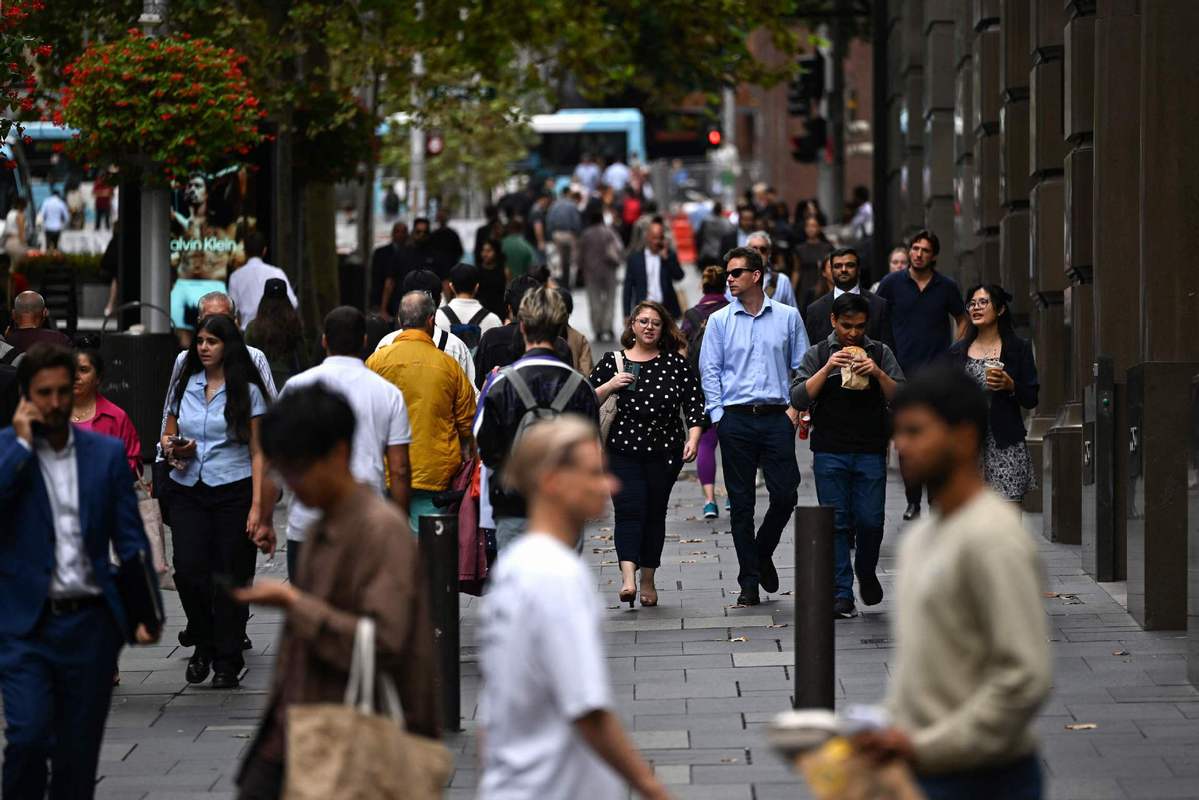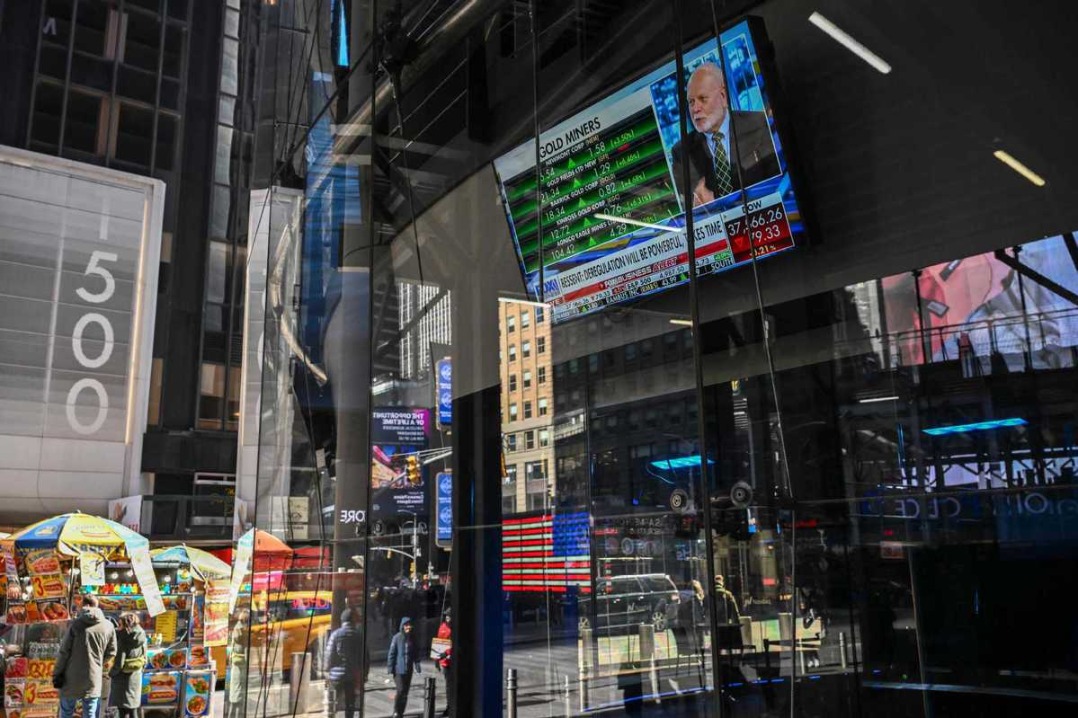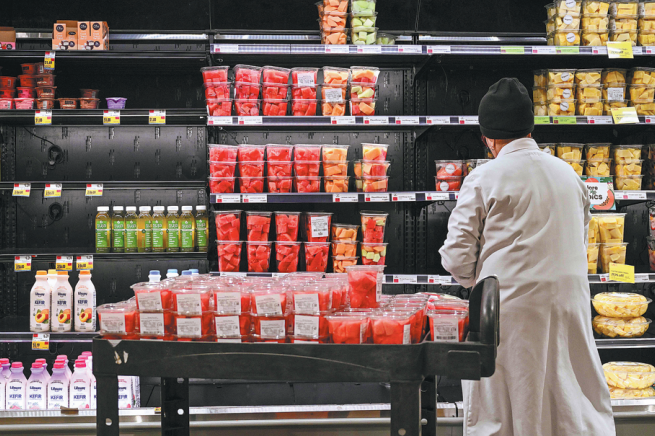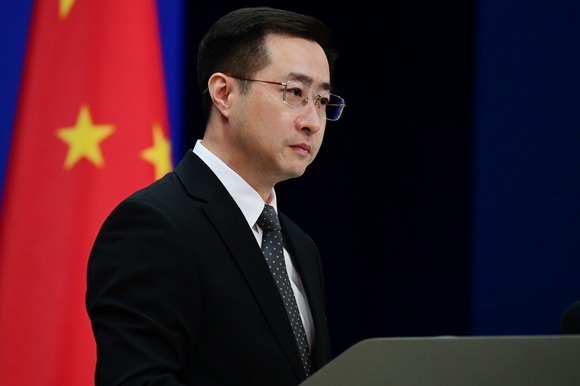Sectors signal challenges ahead for region, beyond


Australia and New Zealand are bracing for the impact of the global tariffs rolled out by the Donald Trump administration on April 2, including a baseline levy of 10 percent on their exports to the United States, as the public and private sectors signal significant challenges ahead for the region and beyond.
"The Trump tariffs will significantly impact economies in Australia and the broader region," Wei Li, a senior lecturer in international business at the University of Sydney Business School, told China Daily.
"Australian key exports to the US, notably beef, gold, steel and aluminum, and pharmaceuticals, will become less competitive due to the new 10 percent tariff. In particular, in recent years, Australia's steel and aluminum industries have strategically developed niche segments specifically targeting the US, so these tariffs will directly undermine their market positioning and profitability."
Regionally, the imposition of even higher US levies on Australia's largest trade partners — China, Japan and South Korea — "could profoundly disrupt established regional trade networks", said Li.
"Given Australia's reliance on globalization and strong trade relationships with these Asian markets, such tariffs could indirectly diminish demand for Australian raw materials and intermediate goods embedded within Asia-US trade flows," she said.
Governments in the region face fresh challenges from potential global trade disruption, according to Li.
"What I would see unfold is governments in Asia will respond to the increasing regionalization in Southeast Asia," she said. "We have seen a lot of supply chain regional integration in the past decade. Now we will see Asian economies increasingly seeking to collectively lower costs of production and diversify consumer markets, enhancing trade relationships and economic ties within Asia and further integrating with Europe and South America."
With the latest US tariffs, there will be significant shifts in Chinese business and investment, said Li.
"The Belt and Road Initiative is increasingly significant," she said. "In 2024 alone, China's total trade with BRI nations reached 22 trillion yuan ($3 trillion), up by 6.4 percent …reflecting China's intensified strategy of deepening ties beyond traditional Western markets."
Moreover, Li said trade and investment between China and members of the Association of Southeast Asian Nations is growing stronger, with Chinese companies expected to increasingly redirect investment and trade toward ASEAN and other economies.
These shifts present both opportunities and risks for Australia and greater Oceania, she said.
"On one hand, increased regional integration in Asia could boost demand for Australian raw materials and agricultural exports within this growing intra-Asian trade network," she explained. "On the other hand, Australia might face intensified competition from Southeast Asia and Latin America as Chinese businesses diversify supply chains and markets away from traditional trade routes."
Innes Willox, chief executive of the Australian Industry Group, said the US tariff move "sends an ominous signal about what comes next".
"This will undoubtedly spark retaliation, imposing barriers on well-known trading relationships and driving up costs for businesses and consumers," Willox said.
He explained that global supply chains in high-value, high-productivity industries "cannot be quickly rejigged in the same way that commodities can" and that advanced manufacturers will face "profound disruption" as global supply chains adjust to the US tariffs.
On Tuesday, New Zealand's Prime Minister Christopher Luxon made his strongest condemnation of the US tariffs yet. This came days after his Australian counterpart, Anthony Albanese, said the US move had "no basis in logic".
Agencies contributed to this story.
Contact the writers at xinxin@chinadaily.com.cn

































